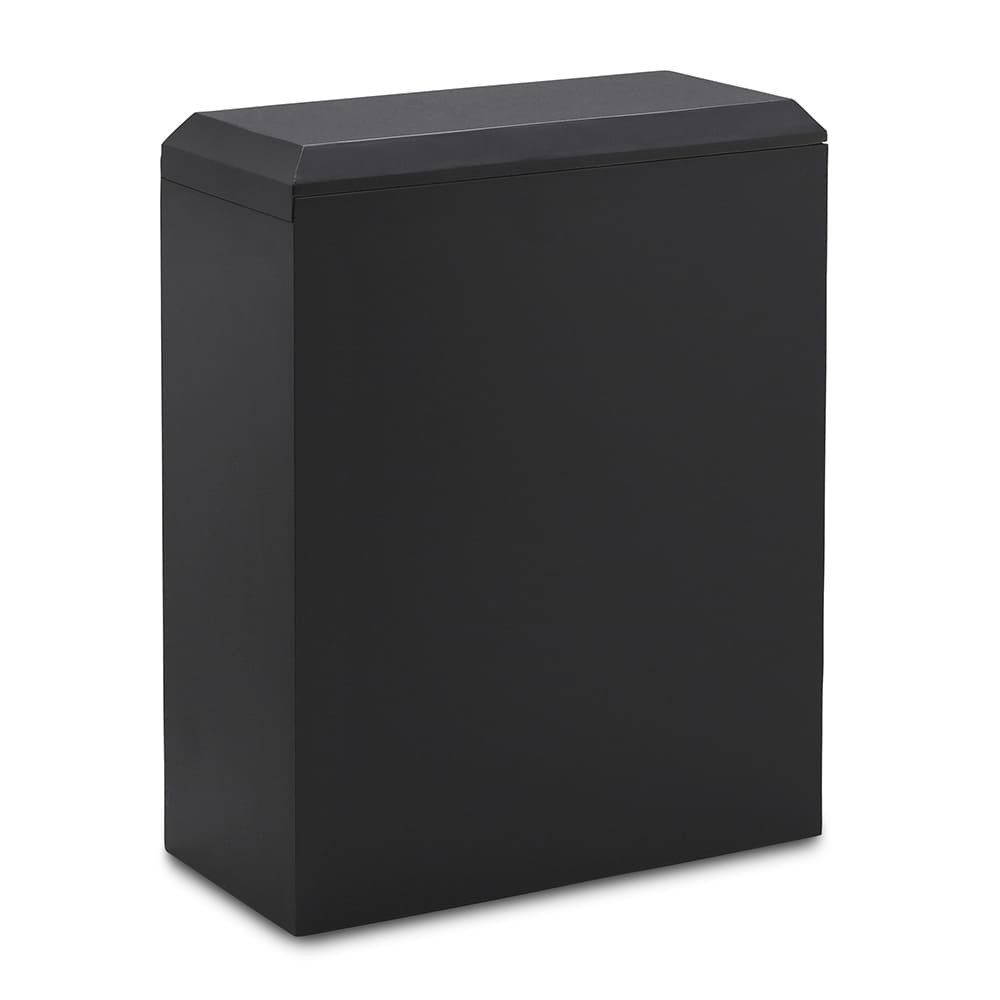We at Cremation Society of America are often asked by our clients whether Direct Cremations are tax deductible. The short answer for Individual Taxpayers is No. But this merits further explanation. We also strongly recommend that you consult with your tax specialist.
These days, the median cost of a funeral can be $8,000 with many exceeding $10,000. Of course, a Direct Cremation is far more affordable option for a loved one. Even so, some families, upon advice from a trusted resource or due to reading an article, etc. are tempted to deduct funeral expenses on their personal income tax return. We suggest that you resist this temptation as you run the risk of an IRS audit and the heavy fines and penalties that come with it. The last thing you need after the loss of a loved one is to endure an IRS audit!
Estates: Claiming a Deduction
Funeral expenses are only deductible if they paid by a previously-established Estate. An Estate can be defined as everything comprising the net worth of an individual, including all land, possessions and other assets r that the individual owns or has a controlling interest in. As such, individuals cannot claim funeral expenses on their income tax returns (IRS Form 1040) and funeral expenses cannot be itemized or deducted on the decedent’s final tax return.
Per the IRS ‘Miscellaneous Deductions” guide (Publication 529), “Burial or funeral expenses, including the cost of a cemetery lot” are nondeductible. Please also keep in mind that if you pay funeral expenses for a loved one or other individual, you cannot treat those expenses as a medical deduction on your tax return.
Estate: Claiming a Deduction
The appropriate way to deduct funeral expenses is for the Estate to pay the burial costs and then claim the deduction for estate tax purposes on IRS Form 706 (United States Estate (and Generation-Skipping Transfer) Tax Return). The funeral expense deduction is one of several deductions that are used to determine the taxable estate, resulting in the taxable amount of the Estate. The executor or administrator of the estate is responsible for filing IRS Form 706, and such executor/administrator must attach a death certificate per the Form 706. The executor/administrator should notify the family involved in the Estate as well as those making funeral arrangements that reimbursement for funeral expenses may be affected by IRS regulation and other laws. Again, we cannot stress enough that you consult with your Tax Specialist and possibly an Estate Attorney for guidance and advice.
Can any costs be Deducted?
Itemized funeral expenses that may be eligible for deduction may include but not be limited to:
- Cost to purchase a burial plot or mausoleum space and any reservations
- Headstone or grave marker and related expenses
- Funeral director fees, embalming and body preparation charges
- Ceremony or viewing/visitation expenses, including – flower arrangements, food, audio visual presentations, clergy honorarium
- Casket costs and interment fees
- Transportation expenses such as transporting your loved one to and from the funeral home, hearse/limousine and driver costs
If the decedent’s Estate is reimbursed for any funeral costs, the reimbursement must be deducted from total expenses before claiming the deduction on Form 706 – this includes any federal payments such as Social Security or Veterans death benefits.
The person or family representative responsible for making the funeral arrangements and paying the resulting expenses should retain and preserve all invoices, receipts, contracts, agreements, etc. Note that the Estate may not receive full reimbursement if the funeral costs are deemed unreasonable, or the Estate becomes insolvent. This is why Pre-Planning for funeral or Cremation services can be so very helpful to your family during such a challenging time.
Do you have questions about arranging a Direct Cremation and whether any aspect can be tax deductible? Please feel free to give us a call. One of our Direct Cremation Specialists is here for you.














 Create a meaningful sendoff for your loved one with our Sunset Scattering Tube Urn. Simply remove the outer lid and you will see the perforated lid to be opened. This urn helps to provide a nicer presentation when ocean scattering.
Create a meaningful sendoff for your loved one with our Sunset Scattering Tube Urn. Simply remove the outer lid and you will see the perforated lid to be opened. This urn helps to provide a nicer presentation when ocean scattering. This urn was designed for families to scatter the ashes of their loved ones with ease and dignity. Simply place the urn in the water and watch as it floats away. The urn will begin dissolving and release your loved ones ashes in the gentle ocean currents. This urn is 100% biodegradable.
This urn was designed for families to scatter the ashes of their loved ones with ease and dignity. Simply place the urn in the water and watch as it floats away. The urn will begin dissolving and release your loved ones ashes in the gentle ocean currents. This urn is 100% biodegradable. Blue Newport Urn is crafted from aluminum. The urn has a beautiful hand-painted finish. This urn has a top-opening with a secure threaded lid. Newport Urn comes in blue or red.
Blue Newport Urn is crafted from aluminum. The urn has a beautiful hand-painted finish. This urn has a top-opening with a secure threaded lid. Newport Urn comes in blue or red.